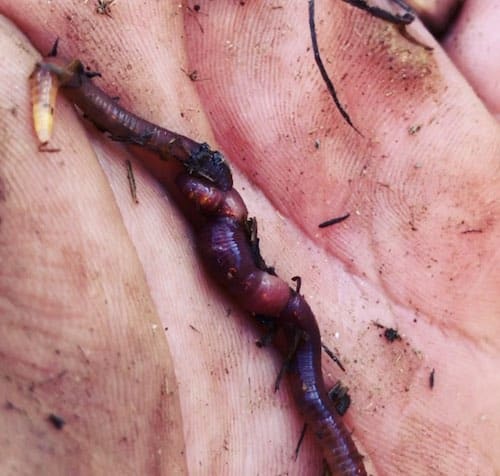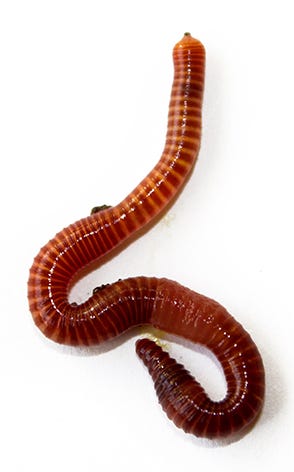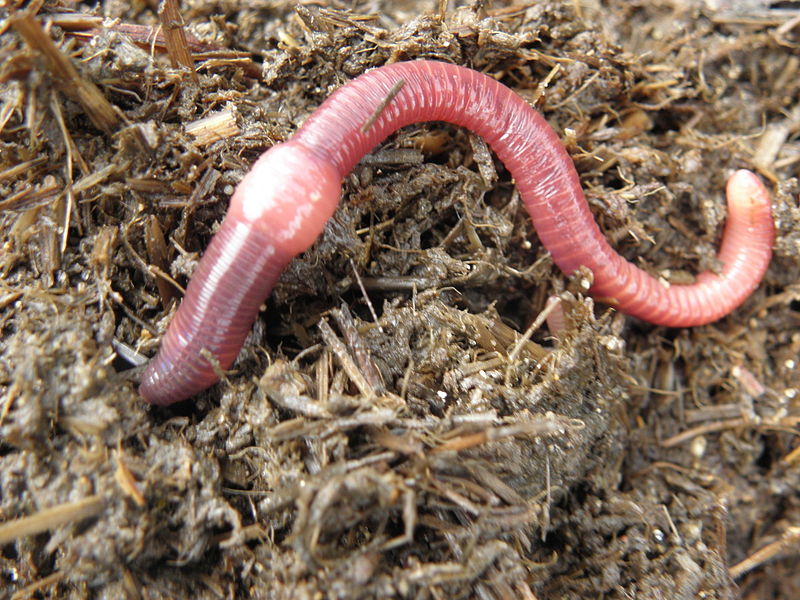Why Red Wigglers Are Crucial for Natural Farming
Red wigglers play a pivotal function in organic farming, mostly with their special capability to disintegrate natural materials and improve dirt wellness. The extent of their impact on farming methods and dirt biology elevates fascinating inquiries about the future of organic farming.
Role of Red Wigglers in Soil Health

Additionally, red wigglers enhance dirt framework by producing networks as they delve. These channels enhance aeration and water seepage, promoting a healthier origin setting. Their task also helps in keeping optimum moisture degrees, which is crucial for healthy plant growth.

Benefits of Worm Castings
Worm spreadings, the nutrient-rich waste matter generated by red wigglers, function as a powerful change for natural farming. These spreadings are teeming with necessary nutrients such as nitrogen, phosphorus, and potassium, which are vital for plant growth. Unlike artificial plant foods, worm castings release nutrients slowly, supplying a stable supply with time and decreasing the risk of nutrient leaching and overflow.
In addition, worm spreadings enhance soil structure and aeration, advertising much healthier origin systems. Their high raw material material improves wetness retention, allowing plants to better endure drought conditions. In addition, worm castings include useful microorganisms that sustain plant health and wellness by suppressing virus and enhancing vitamins and mineral uptake.
The application of worm castings can lead to boosted plant returns and improved quality of produce, making them an important resource for organic farmers. Their usage likewise aligns with sustainable farming practices, adding to dirt fertility without the negative environmental impacts related to chemical fertilizers. Generally, the consolidation of worm castings into agricultural methods cultivates a more durable and effective community, highlighting the significance of red wigglers in chemical-free farming systems.

Enhancing Nutrient Biking
(eisenia fetida for sale)Nutrition cycling is an essential process in natural farming, and the combination of red wigglers plays a critical function in improving this cycle. As red wigglers consume decaying organic issue, they secrete nutrient-rich castings, which are brimming with beneficial germs.
Additionally, red wigglers assist to accelerate the mineralization of nutrients, converting them from inert forms right into bioavailable types that plants can take in. This procedure is important for maintaining dirt fertility and promoting healthy and balanced crop growth. The presence of red wigglers likewise motivates a varied dirt community, promoting a balance of nutrients that sustains numerous plant types.
Improving Dirt Framework
The enhancement of soil structure is crucial for cultivating a healthy and balanced agricultural environment, and the task of red wigglers significantly contributes to this improvement. These earthworms play a necessary duty in freshening the dirt and developing a network of channels that help with water infiltration and root penetration. As they burrow through the soil, red wigglers break up compressed layers, permitting better oxygen exchange and promoting microbial task.
Furthermore, the natural issue generated from their waste, understood as vermicast, improves soil aggregation. This process develops secure clumps of dirt fragments, enhancing soil porosity and reducing disintegration (red wigglers). The visibility of red wigglers likewise encourages the development of advantageous fungal networks, which are crucial for nutrient uptake by plants
Encouraging Sustainable Practices
Integrating red wigglers right into chemical-free farming techniques not only enhances dirt wellness yet also advertises lasting agricultural methods. These earthworms play an important duty in nutrition biking, transforming natural waste into beneficial compost that enhances the dirt. By using red wigglers, farmers can successfully reduce dependence on artificial plant foods, thus minimizing chemical drainage and its harmful results on environments.
Moreover, the unification of red wigglers motivates the practice of recycling organic materials, such as kitchen area scraps and farm waste. This waste reduction strategy not just reduces disposal costs but also promotes a closed-loop system where nutrients are continuously returned to the dirt (red wigglers). Such practices are crucial in reducing environment change, as they improve carbon sequestration and reduce greenhouse gas discharges
In addition, red wigglers enhance water retention in the soil, which is crucial in times of dry spell. Their burrowing activities produce networks that allow water to permeate much deeper right into the ground, thus promoting efficient water use. Eventually, incorporating red wigglers right into natural farming not just sustains biodiversity but likewise straightens with the concepts of sustainable agriculture, providing an all natural strategy to food production.
Verdict
Finally, red wigglers play an essential function in natural farming by considerably improving soil health and wellness and fertility. Their capability to decay raw material and produce nutrient-rich castings promotes a growing microbial community, which next is important for nutrition cycling. Additionally, the burrowing activities of these worms enhance soil structure and aeration, helping with much better water infiltration and root growth. Thus, the integration of red wigglers into farming practices is important for promoting sustainability and boosting overall dirt top quality.